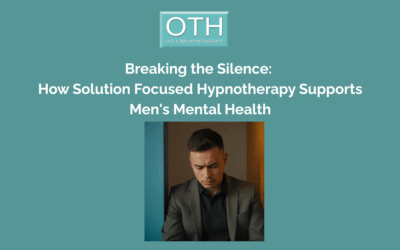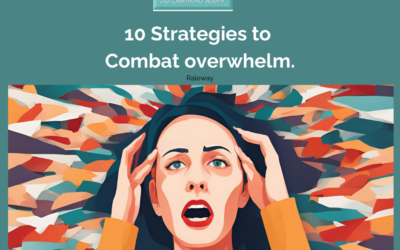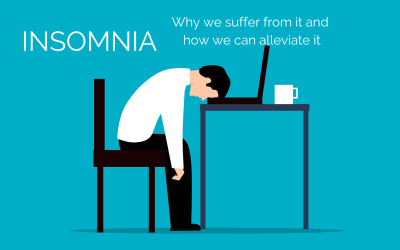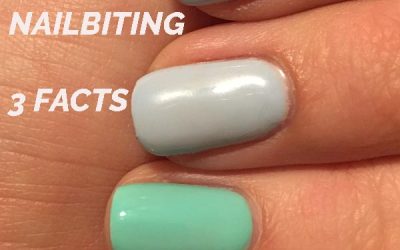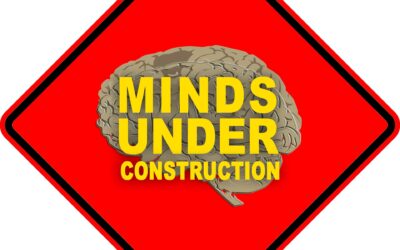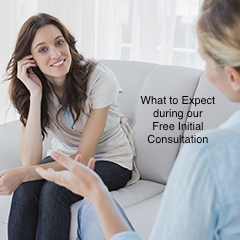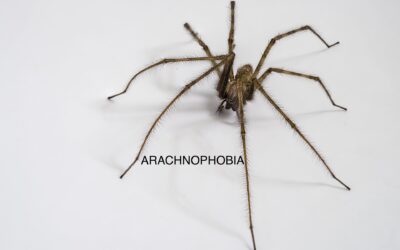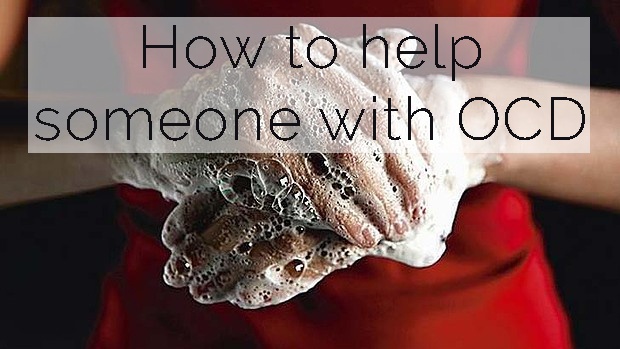
Obsessive Compulsive Disorder (OCD) is a symptom of anxiety, so strategies for helping people with anxiety also apply to OCD.
There is a part of the brain called the hippocampus which is responsible for habits and behavioural patterns. When someone’s anxiety levels go up, they trigger behaviours which the brain has locked onto thinking will help with crisis, emergency or danger. Rationally we know that washing your hands isn’t necessarily going to help with a disaster, emergency or crisis, but behaviours logged in the hippocampus are not necessarily rational, they have no logic to them and usually no relation to helping to with a crisis. However, someone with OCD is activating the amgydala, responsible for flight or fight, through their anxiety caused by negative thinking which works closely with the hippocampus responsible for habits and has linked a particular behaviour as an appropriate way to deal with anxiety levels and therefore keeps repeating those patterns.
It is the increased anxiety levels that are triggering the behaviours, but unfortunately we (and the person with OCD) end up focusing on the behaviours, the OCD, rather than deal with the anxiety. This is not going to help! As long as the levels of anxiety are high, these triggers and behaviour patterns will keep repeating themselves.
Particularly unhelpful is trying to get someone to stop their patterns of behaviour because you are causing their anxiety to go sky high and rather than helping you are going to create more of a problem and worsen the behaviour. Don’t forget that in this person’s primitive brain, they believe the behaviours are helping with a disaster, crisis or emergency, so if you stop these things, they will inwardly panic.
But there are things you can do.
I’m not saying you have to tolerate it, although in the video of how to help someone with anxiety I did emphasis that someone can only receive help when they are ready, you cannot force help on someone. So forcing help on somebody to stop their OCD habits is actually going to have the countereffect and increase the anxiety and worsen the OCD habit, they have to get to that point on their own – and they will if you follow some simple tips.
- Ignore it as much as you can, do not bring attention and focus to the OCD habit that they have, because every time they focus on it videos replay in their mind and reinforce the behaviour.
- Point out when it is better, ie when they are not doing their habit. For example, say someone has a particular ritual around germs or infection, and you’ve noticed that they weren’t as bad as they normally would have been at a particular time, point it out to them. You might explain, you noticed they weren’t washing your hands as much to day, why was that? Encourage them to think about why it was better. They might say ‘I don’t know’. Then you can reply ‘what were you doing today that you haven’t done other days?’ It will encourage the connection in their brain between when it is better and what they were doing. There will be something they were doing differently on those days it is better and it will fall into one of three categories
Positive interaction – they would have been with other people more than usual or different people.
Positive activity – they were doing something which was really good for them, they might have been involved in a hobby or sport and during that time they are not able to do their OCD because their mind was focused on something fun and were doing something positive.
Positive thinking – when they were focused on something positive in their life or thinking about the future in a positive way – or were just in the moment for a change.
- If you want to go a step further, observe and try and make those connections yourself to help the sufferer who might be struggling with that connections themselves. For example, ‘I’ve noticed that when you’ve been running or when you’ve been to the cinema, or when you’ve spent time with Jane etc, you wash your hands less – have you noticed that?’.
In summary, helping someone with OCD is about helping the person make the connections of when it is better, because when you can focus on when things are better, you can do it again. You can work out why it was better and then you can emulate that and encourage other similar activities. If it’s better when you’re with people, spend more time with people. If it’s better when you exercise, find more fun exercises to do etc.
Unless they want to engage in a positive conversation about how they can help themselves (by this time you will be armed with lots of positive information of the moments when it is less severe), do not focus them on the subject, their anxiety or try to stop the OCD through force, impatience or making them feel bad, but equally, don’t enable it by helping them, buying antibacterial products (if that’s the OCD) or joining them in their rituals. OCD is about control and if you let it, it will spread out to controlling not only the afflicted’s life but also everyone around it. Encourage the fun things in life instead.

More about Anxiety
Breaking the Silence: How Solution Focused Hypnotherapy for Men Supports Men’s Mental Health
Discover how Solution Focused Hypnotherapy for Men effectively enhances men’s mental health by offering practical, stigma-free, and goal-oriented therapy that produces genuine results.
10 Strategies to Combat Overwhelm
10 Strategies to combat feelings of overwhelm As we enter the final few days before Christmas and the to do list grows, how do we recognise, and combat, feelings of overwhelm? What do we mean by Overwhelm? Overwhelm is a state of feeling emotionally or mentally...
Sunlight and Mental Health
The importance of sunlight for a healthy mind.
Understanding Anxiety
Understanding the biological, psychological and environmental reasons that lead to anxiety disorders.
Insomnia – why we suffer from it and 6 ways to alleviate it.
Most of us have suffered from Insomnia at some point in our lives. Sleep is the foundation of our mental and physical wellbeing, we simply don’t function well without regular, healthy sleep. Understanding why we suffer from sleep disruption can help us to avoid it.
Our Response to Physical and Mental Pain
Our Response to Physical and Mental Pain Pain comes in many forms. We know pain hurts, it is unpleasant, it is subjective, it can be acute or chronic and it can be physical or mental. When we are discussing a physical pain, we are usually referring to a...
Christmas Coping Strategies
Christmas Coping Strategies ‘Tis the season to be Jolly? Not for everyone. A recent study found that half of UK adults claim Christmas is the most stressful and anxiety-inducing time of the year. 16% of those surveyed said they would rather do their tax return than...
3 Facts About Nail Biting
Do you bite your nails? Around 20% of us do. Here are 3 facts about why we do it and how Old Town Hypnotherapy can help.
3 Ways a Teenage Brain Differs
During Adolescence the brain undergoes some big changes. Here are 3 ways it differs to an adult brain.
Anxiety and the Bladder
Do you suffer from an anxious bladder? Do you opt out of activities because you fear not being able to find a toilet in time? This video explores why this happens and how Hypnotherapy can help.
What to Expect during the Free initial Consultation
This post explains what to expect during the Free initial consultation at Old Town Hypnotherapy
Arachnophobia
Many individuals have a fear of spiders, the extreme end of a fear is a phobia.Why are so many of us scared by these creatures, are we born with this fear and how do we know if our reaction is phobic?
Disclaimer | Privacy Policy | Terms and Conditions
Copyright © OLD TOWN HYPNOTHERAPY 2016 All Rights Reserved

